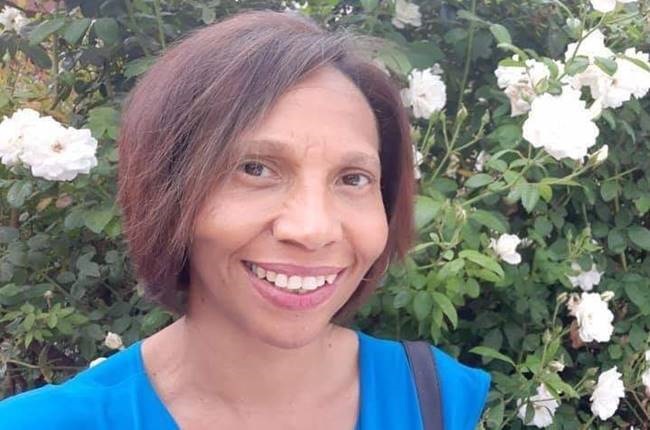
Dr Chantell Witten is a dietitian with a special interest in infant and young child nutrition. She is currently based at the Division of Health Professions Education, at the University of the Free State.
Globally, World Breastfeeding Week is celebrated from 1 to 7 August annually to raise awareness and galvanise action to promote, protect, and support breastfeeding.
This year’s theme, #WBW2020, will focus on the impact of infant feeding on the environment/climate change to protect the health of babies, the planet, and its people.
Sadly, despite all the health and social benefits of breastfeeding, South Africa has one of the lowest breastfeeding rates globally.
Why is this?
Women, in general, face a very hostile social environment in South Africa, even more so during the Covid-19 pandemic. Almost one in two households in South Africa is female-headed, and approximately nine million children live in fatherless homes.
This puts an added burden on women, and most often mothers, to economically provide for essentials such as food, transport, and health care.
Non-breastfeeding implies a reliance on another infant feeding, most often commercial and expensive. This inadvertently leads to inappropriate infant feeding, with the introduction of other foods before the age of six months.
The World Health Organisation and the National Department of Health recommend and promote exclusive breastfeeding for all infants during the first six months of life. In the era of lifelong antiretroviral treatment for HIV, all women can now safely breastfeed their infants.
Infants younger than six months do not need anything else but breastmilk. Breastmilk is a unique biological material that adapts to the needs of the growing infant. Breastmilk provides nutrition, immunity, and unique nutrients to promote neurocognitive development.
However, to assist mothers in breastfeeding, we need a supportive environment at home, in our communities, and our workplaces.
- How to breastfeed: a quick list of key articles
- Breasts behaving badly? Here are some sensible solutions for common nursing problems
- I lost my baby's clinic card, what now?
Breastfeeding mothers face an inordinate amount of pressure and negative inputs from a hostile family who do not support the mother’s role to mother her child as she sees fit, or from hostile public spaces that do not cater for the breastfeeding mother, such as shopping malls and restaurants.
This saw Spur, the well-known family restaurant group, putting forward a public breastfeeding policy for their retail chain.
To support the return of breastfeeding mothers to the workplace, we need all workplace environments to endorse and comply with the code of good practice on pregnancy and after birth.
Perhaps in this time of Covid-19, more women will be working from home and will have the pleasure and privilege afforded to them to breastfeed their babies for longer.
The longer children are breastfed, the longer the health benefits and protection, even into the adult years.
Breastfeeding is associated with lower rates of obesity, lower rates of non-communicable diseases, and higher rates of cognitive development.
Chatback:
Share your stories and questions with us via email at chatback @ parent24.com. Anonymous contributions are welcome.
Don't miss a story!
For a weekly wrap of our latest parenting news and advice, sign up to our Friday Parent24 newsletter.




 Publications
Publications
 Partners
Partners










